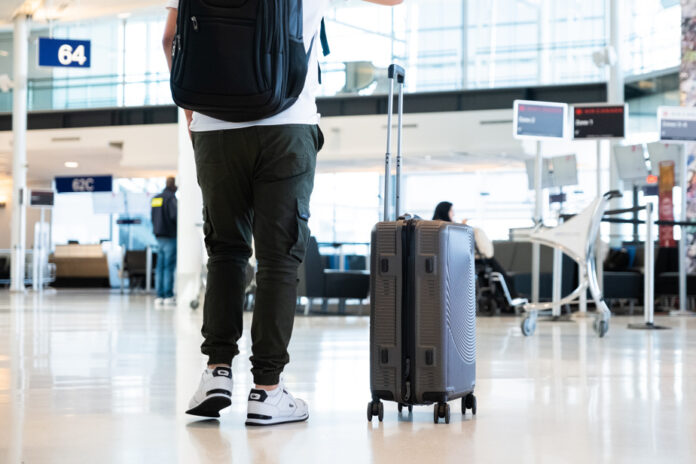This week, the Skift Global Summit in New York, an annual event that brings together the major players in the North American travel industry, welcomed a group of participants to discuss in depth a variety of topics, including the rise of artificial intelligence (AI) and its substantial impact, both on the consumption behavior of travelers and on the very structure of the travel industry.
The meteoric rise of AI has indeed brought about a remarkable transformation in the way travel is planned and booked. On the one hand, it offers travelers the ability to quickly book flights and accommodation while, on the other hand, providing them with personalized recommendations based on their individual preferences. This automation has profoundly simplified and accelerated the travel planning process. However, given the rapid evolution of this technology, questions are growing about the possibility that it could, in the long term, make traditional travel agencies obsolete. A question that is generating interest and concern within the travel industry and beyond.
According to our recent survey of 2,000 Canadians, a trend is emerging: 43% of Quebecers plan to use AI to simplify their travel planning. This trend is particularly strong among young people, with 62% of millennials and 71% of Gen Z ready to adopt it. They are convinced that AI will allow them to make discoveries that they would not have made otherwise, as supported by 60% of Quebec respondents.
In this context, AI plays a central role by offering hyperpersonalization. It allows travel agencies to understand traveler preferences in real time to create tailor-made offers. This personalization is enhanced by improved customer service using AI, which provides instant responses through chatbots and virtual assistants, making travel more enjoyable and worry-free.
In short, AI has reshaped the travel industry by providing a more personalized experience and more efficient customer service. Additionally, with the growing search for flexible and affordable travel experiences, AI is seen as an essential technology tool to fill gaps in the traveler’s purchasing process, including providing a multi-channel experience.
In this context, the personalization and instant availability of travel information challenges the traditional role of travel agents.
Indeed, fewer and fewer travelers are using their services, because what was once the domain of experts within a travel agency is now accessible in just a few clicks.
Now their value lies in advising and customizing to meet the needs of modern travelers.
Human interaction remains crucial in the travel industry. In fact, 89% of Canadians believe that human interactions are essential for customer service. This data clearly reveals that, despite the rise of artificial intelligence and technology, travelers continue to favor human interactions.
In an era of growing demand for hyper-personalized travel experiences and increased flexibility in plans, a synergy between AI and human interaction proves essential for a complete travel buying experience. AI will continue to play an increasing role in travel personalization, while travel agencies will need to adapt to rapidly changing traveler preferences.















